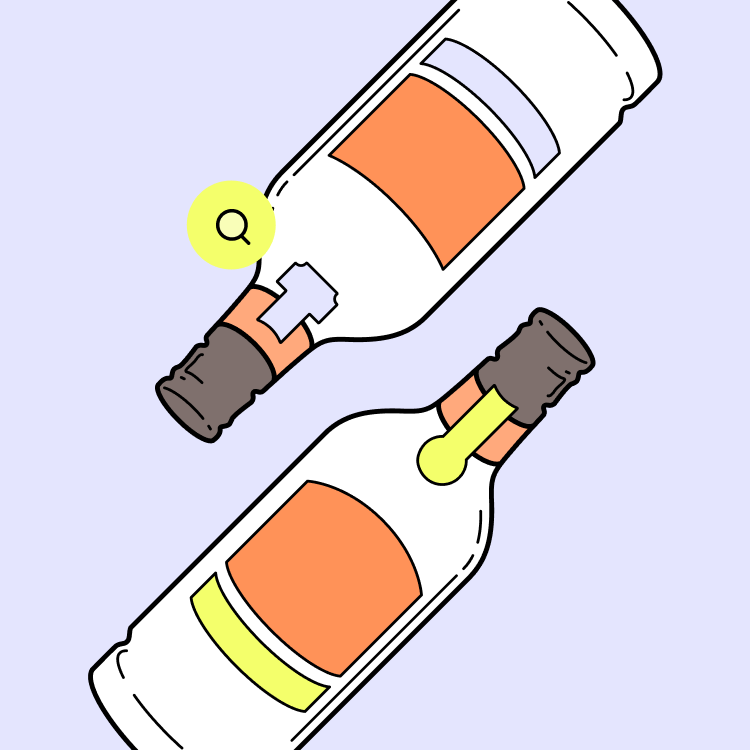How much you drink and who you are determine how drinking beer, wine or spirits can affect your health. To help adults who choose to drink make informed decisions, the governments of various countries around the world have developed drinking guidelines (1).
They consider not only how much people drink, but the differences that influence the effect alcohol can have. As individual governments approach this question in different ways, there’s no single and unified drinking guideline used everywhere around the world (1).
Drinking guidelines provide advice about drinking and how it can affect your health.
As alcohol affects men and women differently, most drinking guidelines from countries around the world offer specific advice depending on biological sex. They tend to recommend lower levels of alcohol for women than men.
Other countries’ guidelines offer day-to-day advice, such as recommended daily limits, and there are countries that provide both daily and weekly recommendations.
Particular drinking patterns, binge drinking for example, are reflected in some drinking guidelines. Recommendations may also be provided based on age, including no drinking for anyone below the legal drinking age, for pregnant women and elderly people, for whom drinking may represent a risk.
To find out more about the advice given in official drinking guidelines around the world, click here. This information may help you make your own decisions.






